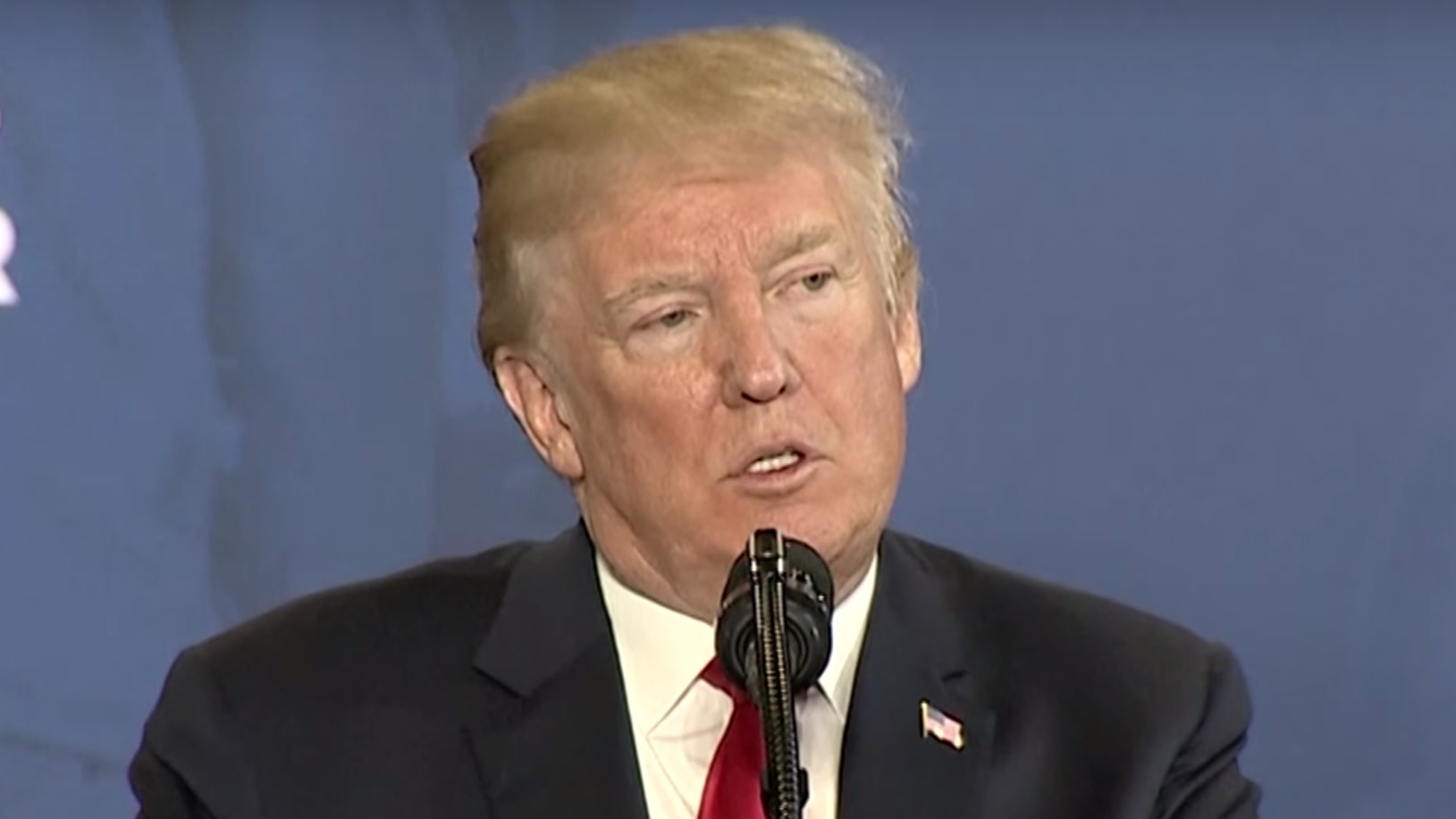U.S. Attorney General William Barr and the Trump Administration have told the Justice Department to bring back the death penalty after decades of federal reluctance to use it.
Part of the reason why the government has largely stopped executing prisoners was because of a landmark Supreme Court case in 1972 that found Black people were extraordinarily more likely to be sentenced to death than anyone from another race.
Elaine Jones was one of the first Black women to defend death row inmates and was only two years out of law school when she served as counsel of record in Furman v. Georgia, the landmark #SCOTUS case that abolished the death penalty in 37 states. She's a true civil rights giant. pic.twitter.com/GFcfGD5Rli
— Legal Defense Fund (@NAACP_LDF) February 15, 2019
Even now, the racial disparities in who is sentenced to death are alarming. Nearly 42% of those on death row right now are Black according to The Death Penalty Information Center. Of every U.S. citizen executed since 1976, Black people make up 34%.
"In 82% of the studies [reviewed], race of the victim was found to influence the likelihood of being charged with capital murder or receiving the death penalty, i.e., those who murdered whites were found more likely to be sentenced to death than those who murdered blacks,” the United States General Accounting Office said in their 1990 report on Death Penalty Sentencing.
Louis Jones Jr. is one of the best examples of how problematic the death penalty can be. He was the last person executed federally in 2003 after raping and killing 19-year-old Tracie Joy McBride in 1995. Jones did not deny the charges but said he should not be executed because of his two decades serving in the military in the Persian Gulf.
The government later admitted that he was exposed to nerve gas during his time in the army and that multiple injuries had permanently damaged his brain significantly. But they executed him anyway, despite pleas from doctors that PTSD had fundamentally changed him.
Famed lawyer Bryan Stevenson and others at the Equal Justice Initiative have spent decades fighting to free people unfairly sentenced to death in states across the country. They are now featured in the HBO documentary True Justice: Bryan Stevenson’s Fight for Equality and have been vocal about misconceptions the American public holds about the death penalty.
Stevenson and his team have exonerated more than 125 people sentenced to death unfairly while educating the public about how unfair the system is to Black people charged with crimes.
"If we have a system that is undermined by bias and discrimination, if we have a system that treats you better if you're rich and guilty than if you're poor and innocent, if we have a system that is defined by errors where we've made so many mistakes and convicted and condemned so many innocent people, the question is: 'Do we deserve to kill?'" he said in an interview with Mashable.
"We now know that for every ten people we've executed, we've identified one innocent person on death row who has been released. But what if I said, 'One out of every ten apples in the store will kill you instantly if you touch it?' Then nobody would sell apples. We would not tolerate that risk of error. If for every ten planes that took off one crashed and everybody died, then we would stop flying. It's just unacceptable,” Stevenson continued.
The response from Congress to the Justice Department's announcement was swift, with many Democrats decrying the White House for going against national polls which show most Americans are becoming less comfortable with the death penalty. More than 10 states have banned the death penalty and others, like California, are moving toward ending the practice.
"The death penalty is a racist and error-prone practice that doesn't deter crime," U.S. Rep. Barbara Lee wrote on Twitter on Thursday.
"I have long opposed this barbaric practice. The US hasn’t executed a federal inmate in nearly 20 years and we shouldn’t start now."
The 1972 Supreme Court ruling did not last long as states and federal lawmakers tried to find loopholes. Congress eventually passed the "Anti-Drug Abuse Act" in 1988 that brought back the death penalty, and another law passed in 1994 expanded the kinds of charges that could be used to execute people.
Despite efforts to bring the death penalty back, only three people have been executed since 1988 according to The Death Penalty Information Center, one of whom was Oklahoma City bomber Timothy McVeigh.
“Let me be clear: capital punishment is immoral and deeply flawed,” Sen. Kamala D. Harris (D-CA.) said on Twitter.
“Too many innocent people have been put to death. We need a national moratorium on the death penalty, not a resurrection.”
Sen. Elizabeth Warren (D-MA) also said in a statement: “Our criminal justice system has a long history of mistakes when it comes to capital punishment — especially when it comes to Black and Brown people. We cannot let a broken system decide the fate of incarcerated Americans. I oppose the death penalty.”
According to NPR and The New York Times, Barr has already lined up five prisoners to be executed using a new method that came into use around 2010. They will be executed in December 2019 and January 2020, the Justice Department said. There are 57 other people currently on death row according to the Justice Department.
"Under Administrations of both parties, the Department of Justice has sought the death penalty against the worst criminals, including these five murderers, each of whom was convicted by a jury of his peers after a full and fair proceeding," Barr said in his statement.
"The Justice Department upholds the rule of law — and we owe it to the victims and their families to carry forward the sentence imposed by our justice system."
